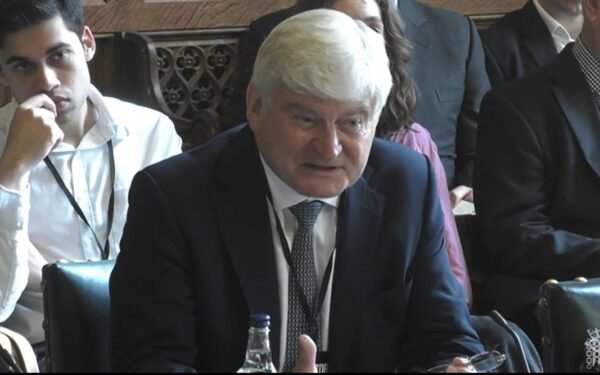London came within a whisker of a blackout during last week’s heatwave, and the capital only did so by paying an eye-watering amount to keep the lights on.
With a surge in demand for electricity as the UK recovered after recording its highest ever temperature on 19 July, there was also a bottleneck in the power grid: to avoid a blackout, the UK paid 5000 per cent more for energy than it typically does.
According to a Bloomberg report, a deal was struck at around midday on 20 July, which Britain pay £9,724.54 per megawatt hour – compared with the usual cost of £178 – in order to persuade Belgium to send more energy across the channel.
Last year, Britain paid around £1,600 per megawatt hour on one day to avert a similar problem, but a new record of £2,000 was set only two days before 20 July.
For now, energy importation is enough to avoid an electricity cut-off, but the $300bn invested in power grids every year worldwide has remained almost unchanged since 2015. With ageing infrastructure, and a gradual shift to electric cars, the difficulty of maintaining balance in the power grid is becoming increasingly difficult.
Whilst Britain’s last blackout took place in 2003, these could become more common in future, if the power grid continues to experience under-investment.
According to a spokesperson from the national grid, the grid would have had to “undertake demand control and disconnect homes from electricity,” if Belgium had not agreed to increase energy imports.




